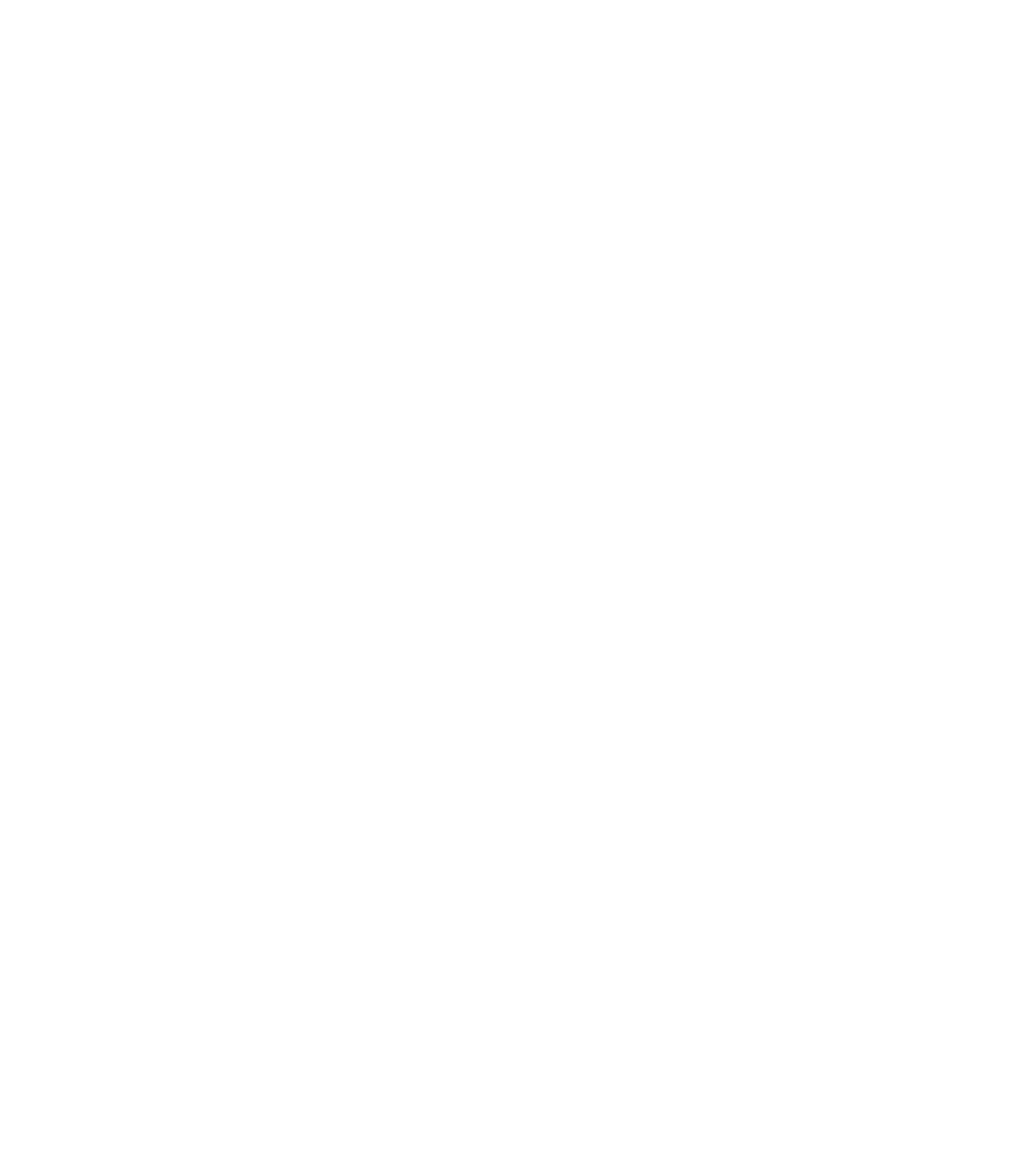Panic attack prevention is essential for individuals who experience sudden and overwhelming feelings of fear or discomfort. In this article, we will explore various strategies and tips for preventing panic attacks, including lifestyle changes, stress management, and self-care. We will also discuss potential triggers and how to identify and manage them before they lead to a panic attack.
Lifestyle Changes for Reducing Panic Attacks
Making lifestyle changes can help reduce the frequency and intensity of panic attacks. Here are some changes you can make:- Exercise: Regular exercise can help reduce stress and anxiety, which can help prevent panic attacks. Aim for at least 30 minutes of moderate exercise most days of the week.
- Healthy Diet: A healthy diet can help reduce inflammation and improve overall health, which can help prevent panic attacks. Focus on eating a balanced diet that includes fruits, vegetables, whole grains, lean protein, and healthy fats.
- Reduce Caffeine and Alcohol: Caffeine and alcohol can trigger panic attacks in some people. Try reducing or eliminating caffeine and alcohol from your diet to see if it helps prevent panic attacks.
Techniques to Manage Stress and Anxiety
Stress is a common trigger for panic attacks, so learning how to manage stress is an important part of preventing panic attacks. Here are some stress management techniques:- Relaxation Techniques: Practice relaxation techniques such as deep breathing, meditation, or progressive muscle relaxation to help reduce stress.
- Yoga: Yoga is a form of exercise that combines physical postures, breathing techniques, and meditation. It can help reduce stress and anxiety and improve overall well-being.
- Time Management: Poor time management can lead to stress and anxiety. Use a planner or calendar to prioritize tasks and manage your time more effectively.
Self-Care and Panic Attack Prevention
Taking care of yourself is an important part of preventing panic attacks. Here are some self-care tips:- Get Enough Sleep: Lack of sleep can increase stress and anxiety, which can trigger panic attacks. Aim for 7-9 hours of sleep each night.
- Connect with Others: Social support can help reduce stress and anxiety. Spend time with friends and family or join a support group.
- Hobbies and Activities: Engaging in hobbies and activities you enjoy can help reduce stress and promote feelings of well-being.
Identifying Triggers for Panic Attack Prevention
Identifying and managing triggers is an important part of preventing panic attacks. Triggers are situations or events that can cause stress and anxiety and lead to a panic attack. Common triggers include:- Stressful Situations: Stressful situations such as public speaking or job interviews can trigger panic attacks.
- Phobias: Phobias such as a fear of flying or heights can trigger panic attacks.
- Caffeine or Alcohol: As mentioned earlier, caffeine and alcohol can trigger panic attacks in some people.
- Physical Illness: Certain physical illnesses or medications can trigger panic attacks.
Managing Triggers for Panic Attack Prevention
Once you have identified your triggers, you can take steps to manage them. Here are some tips:- Avoid Triggers: If possible, avoid situations or events that trigger panic attacks.
- Desensitization: Desensitization is a technique used to gradually expose yourself to a trigger in a safe and controlled environment to reduce anxiety.
- Cognitive Behavioral Therapy: Cognitive behavioral therapy is a type of therapy that can help you identify and change negative thought patterns and behaviors that contribute to anxiety and panic attacks.
Conclusion
Preventing panic attacks requires a combination of lifestyle changes, stress management, self-care, and managing triggers. By implementing these strategies and tips, you can reduce the frequency and intensity of panic attacks and improve your overall well-being. If you continue to experience panic attacks, it's important to seek professional help. A mental health professional can help you identify triggers and develop coping strategies to manage your panic attacks. Don't hesitate to reach out for help if you need it. Additionally, you can explore further resources on our website, such as coping skills for panic attacks, understanding common triggers, and recognizing and coping with panic attack symptoms.
It's also important to understand the causes of panic attacks and the difference between a panic attack and anxiety, as this knowledge can help you better manage your condition and communicate with your healthcare provider.
Remember that panic attack prevention is an ongoing process, and it might take time and effort to see significant improvements. Be patient with yourself and don't be discouraged if progress is slow. With persistence and the right support, you can successfully manage and prevent panic attacks, leading to a happier, more fulfilling life.
To learn more about panic disorder and its treatments, visit the National Institute of Mental Health's page on Panic Disorder
